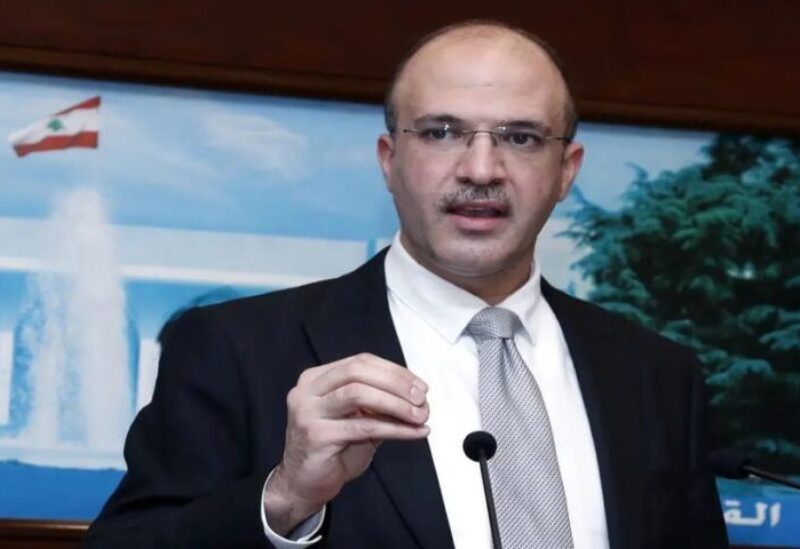
Caretaker Minister of Public Health Hamad Hassan
The Caretaker Minister of Public Health Hamad Hassan said that the solution for securing the missing medicines in the market starts when the Central Bank delivers the subsidized invoices to the MoPH so that the latter can track the path of medicines and ensure that they are not stored in warehouses.
Hassan added that the ministry cannot put pressure on pharmaceutical companies unless they have sufficient information from the Central Bank, which they are still waiting for it.
Hassan revealed in an interview with the LBCI that the ministry was informed by pharmaceutical importers that the Central Bank has transferred $30 million to the companies. However, the ministry didn’t receive the list of medicines that will be subsidized. He said that this transparency is essential in such a matter.
He pointed out that “the role of MoPH is monitoring in order to protect citizens in such tough circumstance. If the ministry owns the money, then medicine will remain available, and the evidence is that the ministry was able during the previous Covid-19 outbreak, to face the epidemic because the funds were provided by the World Bank loan.”
Hassan stressed the need for reducing the pharmacists and importers’ profits, to secure patients can afford medicine. He added that Lebanon was a profitable investment over the past decades for international pharmaceutical companies, and abandoning Lebanon will not be as easy for these companies. He noted that some international companies have showed their willingness to finance the medicine card that will help fight storing, monopoly, and smuggling.
Hassan affirmed that the solution for the pharmaceutical crisis lies in the Central Bank’s commitment to secure monthly support and to schedule old dues. He regretted the chaos currently taking place in the drug market. “There are outages in some medicines and the Karantina warehouse has almost emptied of incurable, chronic, and immune medicines, while the percentage of other medicines that are still available in the warehouses is approximately 37 percent,” Hassan said.
Hassan called on the local Pharmaceutical manufacturers to play a vital role by initiating quantitative and qualitative manufacturing, especially that raw materials are still subsidized according to the regulations of the MoPH.